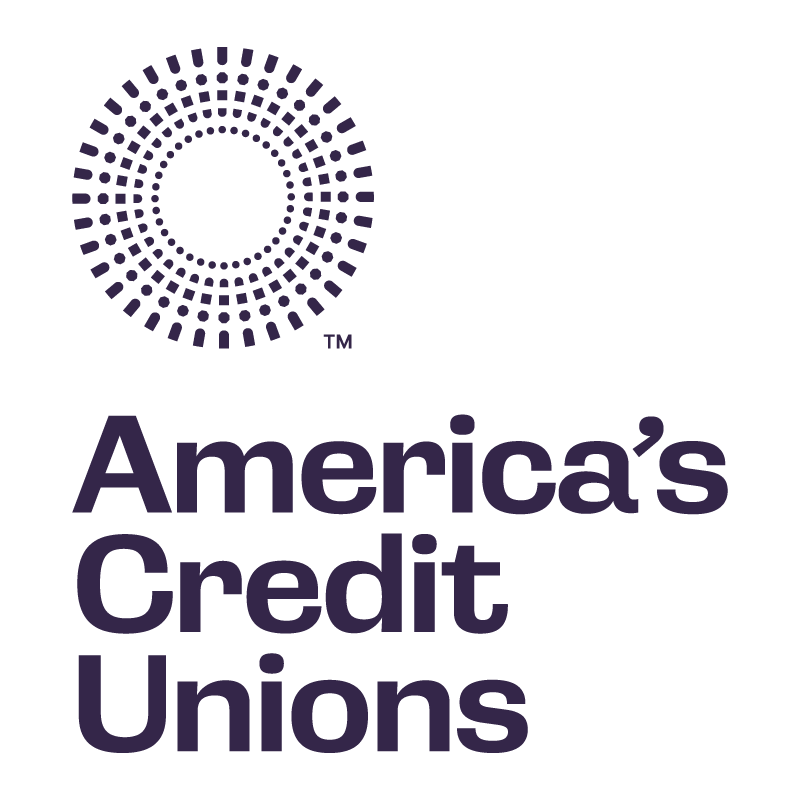|
Christopher Roe, SVP Corporate & Legislative Affairs, CUNA Mutual Group More than ever, 2020 has shown a spotlight on the incredible impact that credit unions make in their communities. Whether it’s working around the clock to process Payment Protection Program loans, participating in social justice initiatives or giving their employees time off to vote, credit unions have consistently demonstrated their commitment to serving the needs of their communities. But equitably meeting those needs in minority or low-income communities takes commitment and innovation. That’s where the U.S. Treasury Department’s Community Development Financial Institution (CDFI) Program can help. Created by Congress in 1994, the CDFI program was designed to combine federal money with private capital to help qualified financial institutions meet the need of under-served communities that typically lack access to affordable loans and safe financial services. “When we looked at the needs within our community, we knew it was just too large a problem to solve on our own. That’s why we started looking into the CDFI program,” says Kirk Mills, CEO of St. Louis Community Credit Union. “As an example, we wanted to offer consumers an affordable alternative to predatory financial products and help get our members off the payday loan merry-go-round. The benefits and grants from the CDFI program have allowed us to focus more of our lending activities on minority and low-income members who need it most.” Benefits of the CDFI Program Mission driven credit unions are dedicated to financial inclusion, and the ability to apply for capital or technical assistance grants is often a top draw for credit unions. In September 2020, the CDFI fund awarded grants totaling $45.8M to 111 credit unions. Additional benefits of the CDFI program include:
What a CDFI Credit Union Looks Like Not every credit union will qualify as a CDFI. There are seven tests for CDFI certification, most of which are automatic or easily fulfilled by most credit unions. A good CDFI candidate makes it their primary mission to provide development services like financial education and coaching for those community members who need it most. That commitment can be seen in the makeup of their governing or advisory boards, providing a reflection of the communities they serve. The real hallmark of a CDFI credit union is that their lending activities are predominantly focused on target populations in economically depressed areas, low-income communities, or other historically under-served populations. Dispelling the Myths
It’s a common misperception that the CDFI certification is primarily for small credit unions. In fact, asset size is not a qualifying factor and currently there are 39 CDFI certified credit unions with more than $1 billion in assets. But the impact of CDFI grant dollars is magnified in a small credit union. “We are a $50M credit union with only 22-1/2 staff members,” says Kate Laud, President and CEO of Opportunities Credit Union in Vermont. “We’ve gotten multiple grants from the CDFI fund. Those dollars have helped us run our business efficiently and cost effectively. The result has been increased lending for immigrants, minorities and low-income members in every county in Vermont.” Because of the low mortgage rates, Opportunities Credit Union has seen mortgage activity in 2020 equal to 270% of their 2020 plan. “Over a third of our mortgages in 2020 have been made to immigrants and refugees,” says Laud. Another common misperception is that it is just too risky to focus on under-served communities. Terry Ratigan from Inclusiv states that their research shows quite the opposite. “The median community development credit union actually outperforms the median non-CDFI in earnings, lending, asset growth and membership growth,” says Ratigan. “We have documented these results in both our 2018 and 2020 Inclusive Finance reports.” Comparable findings have been independently reported by NCUA and CUNA in public presentations. Becoming and Staying CDFI Certified Some credit unions may feel they just don’t have the time to pull together the data and the application to initially become certified. That time invested directly translates into benefits for your members. “You have to understand your WHY--you don’t become a CDFI unless it is truly part of your mission and business strategy as a credit union. It takes intentional commitment expanding who you serve and you have to be able to demonstrate your plan for any grant dollars received from the CDFI fund,” says Mills. Applications for CDFI certification can be accepted any time but there are two times a year (September and March) where the NCUA offers a streamlined application window. This can significantly reduce the data gathering burden for credit unions. Taking Action As a League, we are committed to the success of credit unions. Government funding for the program can change from year-to-year and there are currently legislative proposals for unprecedented levels of funding. We want to make sure all credit unions who qualify can take advantage of all CDFI benefits. Inclusiv is holding weekly informational meetings for credit unions interested in the CDFI program. Register here to learn more: CDFI Education Sign-up Comments are closed.
|
The PulseThe Pulse is MnCUN's newsletter that keeps credit union professionals and board members updated on current news and information. Archives
July 2024
Categories
All
|

 RSS Feed
RSS Feed

